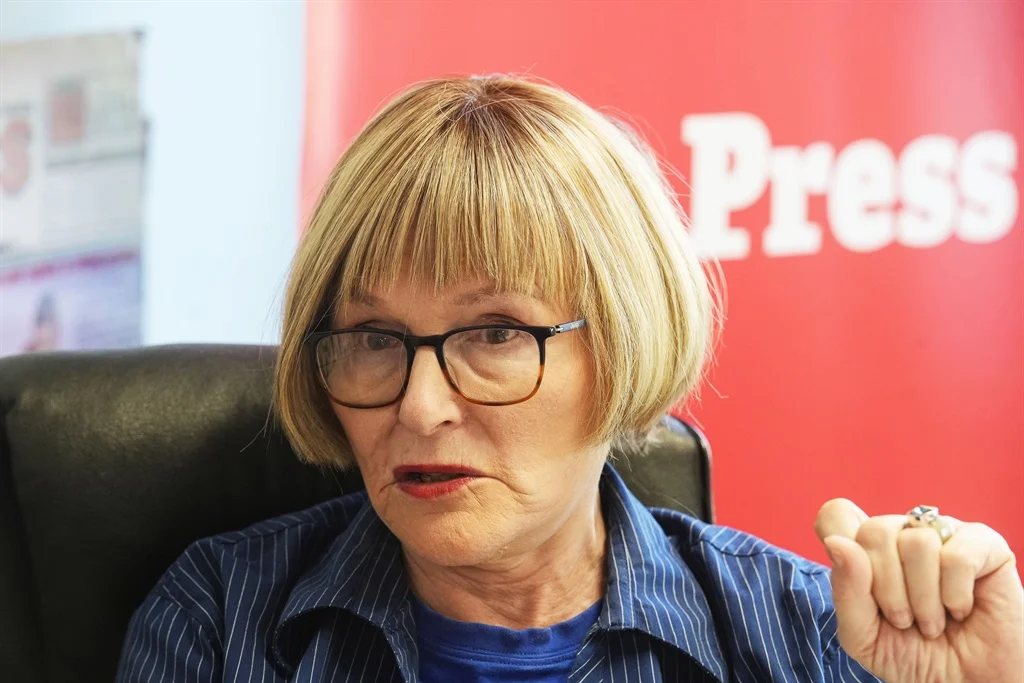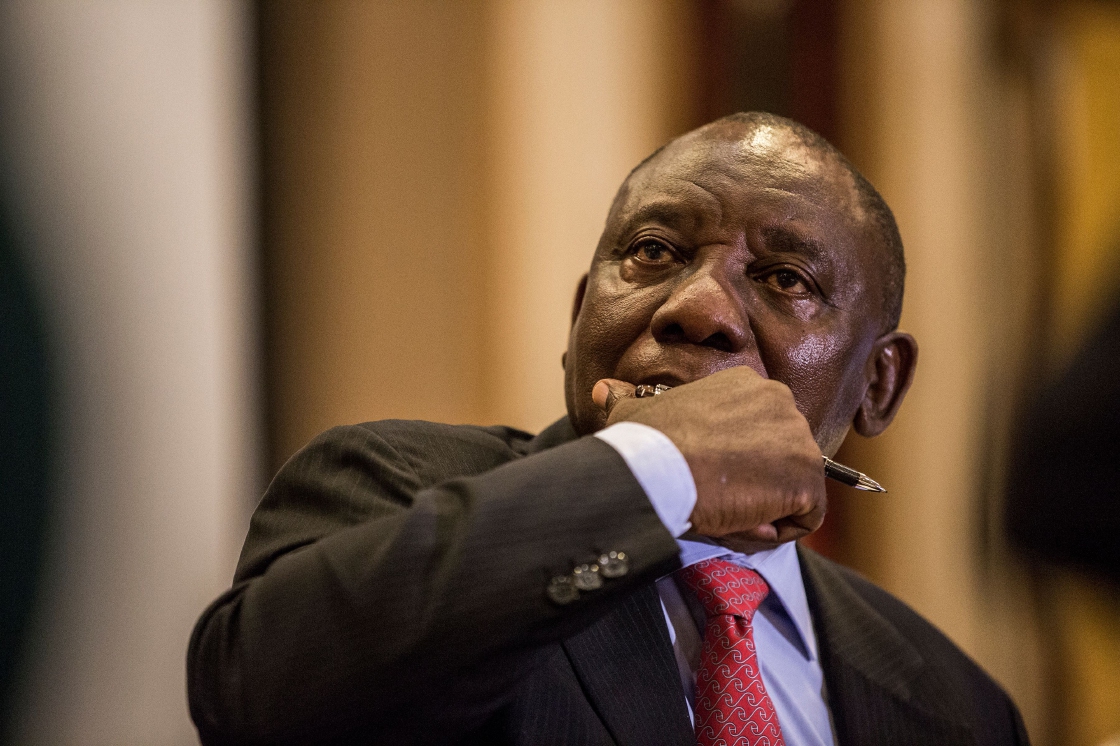n a recent development, the South African presidency has sharply criticized DA leader Helen Zille’s comments regarding the country’s trade relations with the United States. Zille’s statements, described as “unprogressive” and reflecting a “right-wing” stance, have sparked controversy, with President Cyril Ramaphosa’s spokesperson accusing her of causing unnecessary uncertainty in an essential bilateral relationship.

Zille’s remarks, made in the context of the ongoing discussions about the US-South Africa trade agreement, have been met with backlash from the government. The presidency argues that her position undermines the nation’s careful diplomatic balance, which is crucial for economic and political ties with global partners like the US.
This clash highlights the political divide in South Africa, particularly as it grapples with international relations amidst internal challenges. The DA, historically positioned as the country’s main opposition party, has often been at odds with the ruling ANC over its policies, with Zille’s comments further intensifying the debate.
As tensions continue to rise, it is clear that this dispute will have broader implications for South Africa’s foreign policy and its standing on the international stage.
